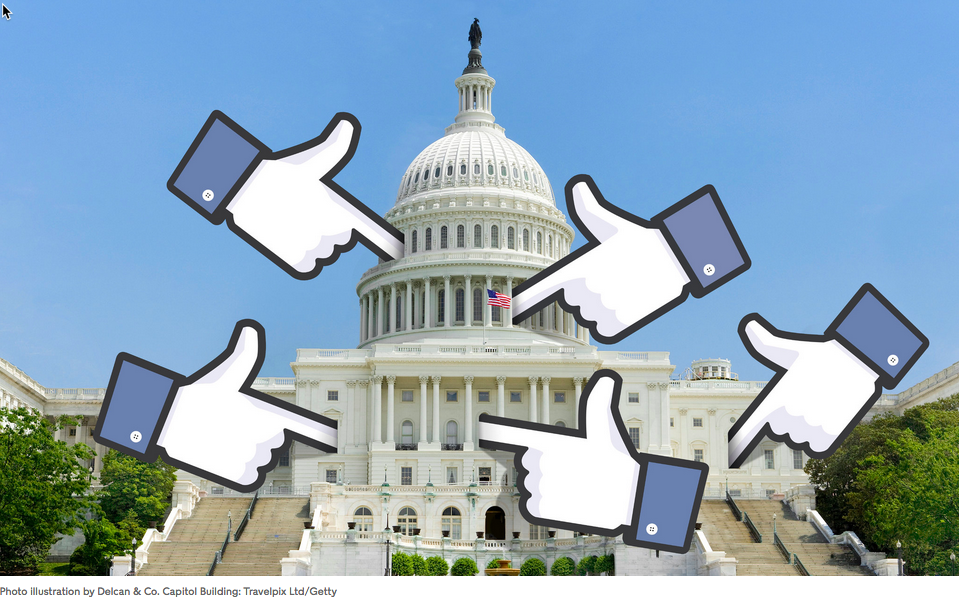Now he began to think about tech companies a lot. He started reading about online tracking and data mining. He discovered that the United States, unlike some countries, has no single, comprehensive law regulating the collection and use of personal data. The rules that did exist were largely established by the very companies that most relied on your data, in privacy policies and end-user agreements most people never actually read. Mactaggart began to scrutinize these policies closely, the way he read loan contracts and pored over offering plans. He learned that there was no real limit on the information companies could collect or buy about him — and that just about everything they could collect or buy, they did. They knew things like his shoe size, of course, and where he lived, but also roughly how much money he made, and whether he was in the market for a new car. With the spread of smartphones and health apps, they could also track his movements or whether he had gotten a good night’s sleep. Once facial-recognition technology was widely adopted, they would be able to track him even if he never turned on a smartphone.




